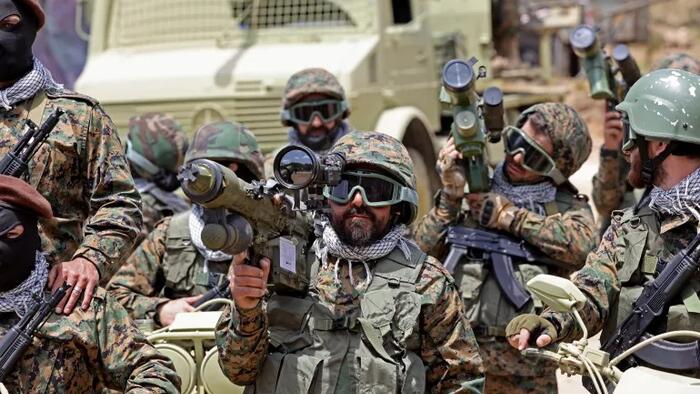The situation in Lebanon amidst ongoing conflict with Israel has escalated dramatically, yet recent reports indicate a potential ceasefire agreement influenced by the United States. Following Donald Trump’s electoral victory, it appears that Israeli Prime Minister Benjamin Netanyahu’s offer of a ceasefire is materializing, with reports from Reuters and other sources confirming that both Lebanon and the militant group Hezbollah have responded positively to a U.S.-proposed ceasefire initiative. Lebanese officials describe this effort as the most serious attempt yet to halt hostilities, following the brutal exchanges of fire that marked the preceding days. Lebanese Parliament Speaker Nabih Berri’s aide, Ali Hassan Khalil, stated that Lebanon had submitted its written response to the U.S. ambassador, and further discussions are set to take place with White House envoy Amos Hochstein in Beirut.
The recent hostilities, however, underscore the fragility of this potential agreement. On the very day the ceasefire proposal was conveyed, violence erupted along the border, with Israeli airstrikes resulting in at least five fatalities in Lebanon, along with over 30 individuals injured. On the Israeli side, retaliatory actions by Hezbollah included over 100 rocket strikes targeting civilian areas, resulting in at least one death and numerous injuries, including children. This spike in violence, particularly the lethal missile strikes, raises questions regarding the resolve of both parties to respect any impending ceasefire.
Despite the negotiations progressing, the precise conditions of the ceasefire remain critical yet contentious. The reported terms demand that Hezbollah withdraw its armed presence from the region between the Lebanese-Israeli border and the Litani River, a stipulation that Hezbollah has previously ignored. Khalil emphasized the need for Israel’s cooperation, hinting at the complexity of the ongoing conflict and the challenges that could arise should Israel choose to disregard the potential for resolution. He indicated that the success of these diplomatic efforts hinges on Israel’s willingness to engage constructively.
The strategic repercussions of the ceasefire proposal extend beyond the immediate violence, as they reveal broader geopolitical dynamics. President-elect Trump’s policy approach leans towards resolving conflicts in which the U.S. has become involved, yet he has also encouraged Netanyahu to take decisive military actions against groups like Hezbollah and Hamas. The tension during this transition period raises concerns about Netanyahu’s allegiance, particularly as analysts suggest he may prioritize aligning with Trump’s administration over engaging with the current U.S. leadership under President Biden.
Amidst these negotiations, the continuation of Israel’s ground and aerial offensive into Lebanese territory complicates the prospect of peace. Lebanon is experiencing intensified bombing campaigns in response to Hezbollah’s aggression, particularly in central and northeastern regions such as the Bekaa Valley. Reports suggest that while progress is being made through diplomatic channels, ongoing military actions illustrate a disconnect between political efforts and on-the-ground realities.
In summary, although a potential ceasefire between Israel and Lebanon has emerged, marked by U.S. facilitation and a recent Lebanese response, the atmosphere is fraught with violence and skepticism. The latest clashes underscore the volatility of the conflict, where both sides have sustained significant casualties. The conditions of the ceasefire remain contentious, particularly regarding the presence of Hezbollah along key borders. The interplay between ongoing military operations and diplomatic discussions highlights the challenges inherent in navigating this complex conflict, with the influence of U.S. politics further complicating the landscape. As various stakeholders move towards negotiations, the need for genuine commitment to ceasefire terms remains paramount.

